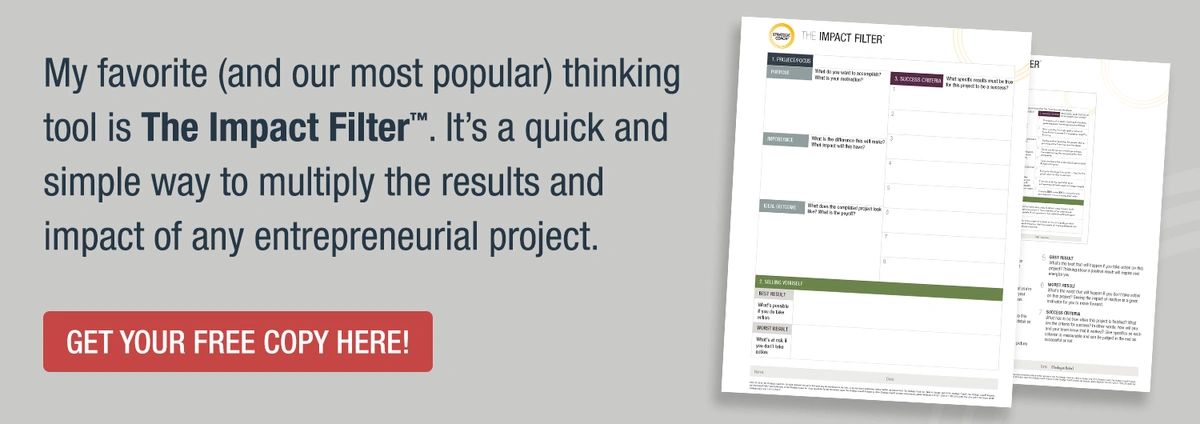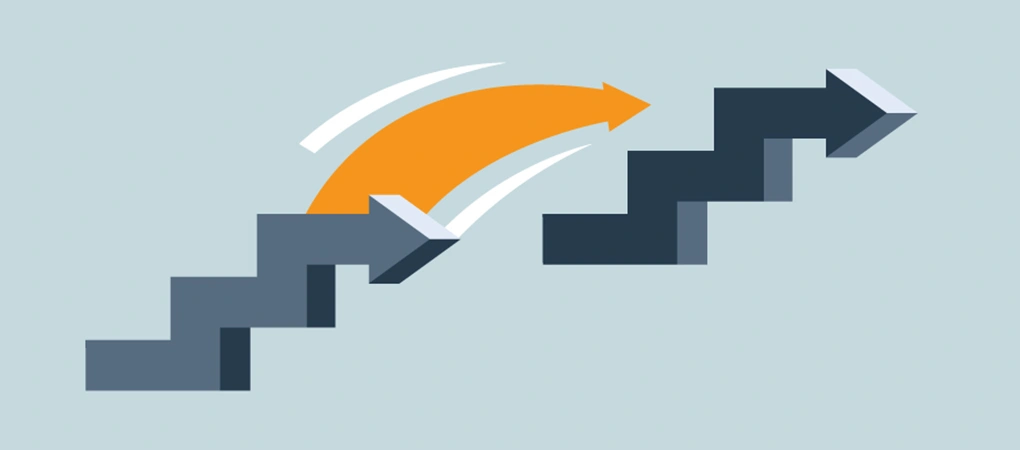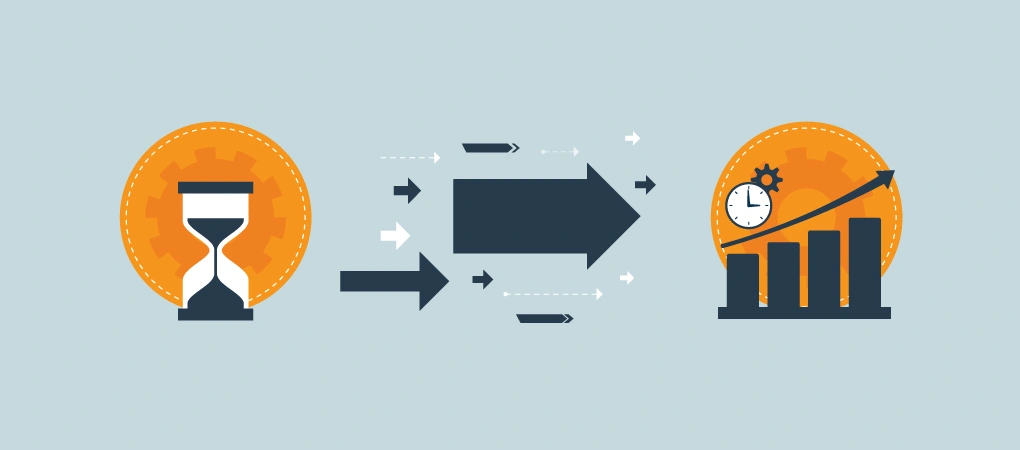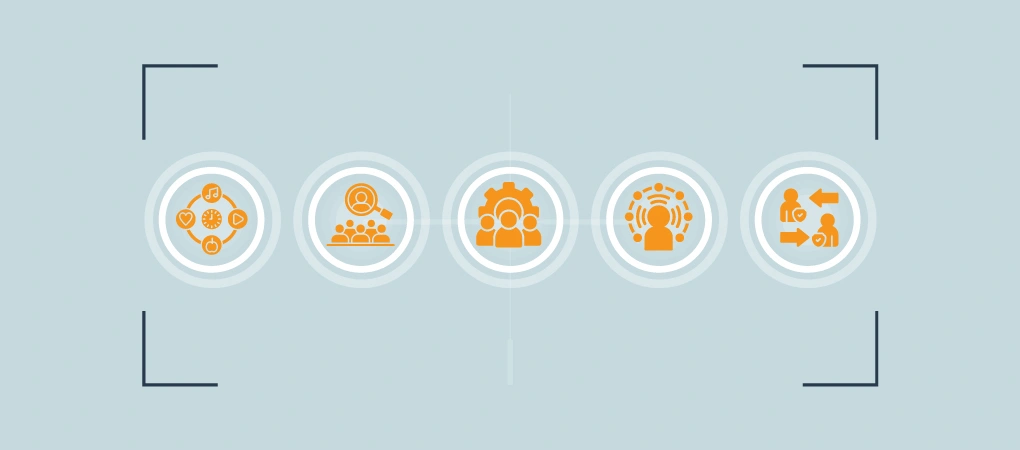The Origins Of Our Thinking Program And Tools
Dan Sullivan
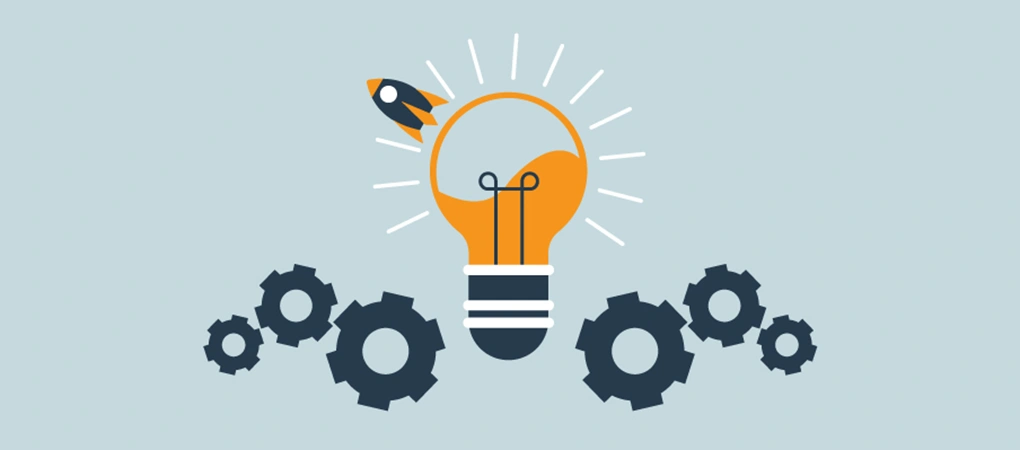
What you’ll learn in this Multiplier Mindset blog post:
- How I created Strategic Coach as a “thinking program.”
- Why our thinking program is most suitable for entrepreneurs.
- Why our thinking tools are both timeless and wildly effective for entrepreneurs.
How I created Strategic Coach as a “thinking program.”
I didn’t set out to create a program for entrepreneurs; I set out to create a thinking program, and entrepreneurs are the ones who most took to it.
To give you a little background, I attended a leadership program called Outward Bound in Scotland in 1964 when I was 20 years old. It was physically and mentally demanding, and I learned through overcoming challenges.
Of all the learning experiences I’ve had, Outward Bound was the most influential on my thinking.
I’ve always thought that our challenges and experiences in everyday life are sufficient to create a lifetime learning program. So, I’ve spent the last 60 years playing with that and creating tools to help extract knowledge that can make people more capable and confident.
Why our thinking program is most suitable for entrepreneurs.
I started coaching in 1974 and helped all kinds of people at first. But about five years later, I noticed that those who stuck around were entrepreneurs. Entrepreneurs must learn daily, whereas people in other professions don’t necessarily need constant learning and transformation.
This is how we ended up with an entrepreneurial program, or in other words, a thinking program for entrepreneurs.
Entrepreneurs can make more significant progress from thinking than people in most other lines of work because we’re in the business of solving problems. The bigger the problem, the faster the solution, the bigger the check.
Additionally, entrepreneurs are most heavily punished for not changing their minds. If we’re locked in old ways of thinking and not solving problems, the marketplace will let us know.
Why our thinking tools are both timeless and wildly effective for entrepreneurs.
Part of our teaching method is to ask entrepreneurs questions to help them gain new insights without telling them what to think or what to do. This is the case with all 250 of our timeless thinking tools, which leave you more capable and confident no matter when and where you use them.
What I’ve learned through all this is that you can play the game of entrepreneurship as long as you’re motivated to keep expanding your thinking.
Because I keep playing, I’m more ambitious, confident, and capable with each passing decade—more so now at age 80 than I was at 60, 40, or 20. And as I grow, so do the people around me, and we all benefit from one another’s capabilities.
In my opinion, entrepreneurs are the best people to work with because they’re the only people whose success depends on being transformative.
All of our tools have come from conversations with entrepreneurs about their challenges, opportunities, and improvements, and then finding common themes. They’re processes: if you do this, answer this question, and then answer another question, you can put things together and create something that gives you valuable insights.
Our tools give you a shared language to talk to other entrepreneurs about your experience, and they provide a means to flesh out your ideas and innovations so you can share them and make things happen.
